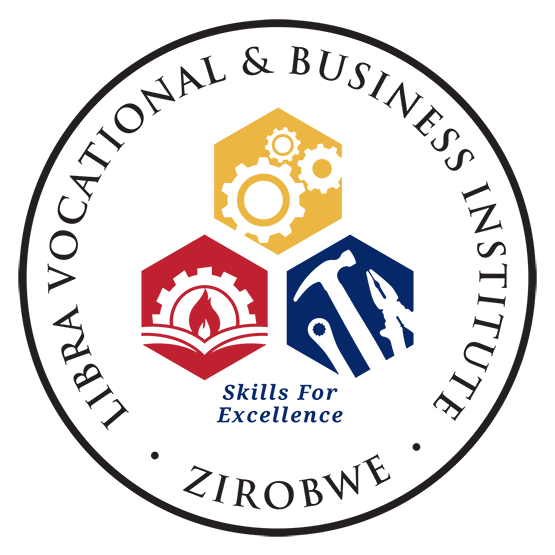Brief Info?
The Diploma in Information Technology at LVBI is designed to equip students with comprehensive knowledge and skills in the ever-evolving field of IT. This program covers foundational IT concepts, advanced programming, emerging technologies like AI and Robotics, and specialised areas such as Cyber-security and Database Management. Our curriculum is tailored to meet industry demands, ensuring graduates are well-prepared for the dynamic IT landscape.
Our E-Curriculum:
1. Introduction to IT
- Fundamentals of Information Technology: Explore the basic concepts of IT, including the role of IT in business, types of IT systems, and the ethical implications of technology.
- Computer Hardware and Software: Gain hands-on experience with computer components, operating systems, and basic troubleshooting.
2. Programming
- Introduction to Programming: Learn the fundamentals of programming using languages like Python and Java, focusing on logic, syntax, and problem-solving.
- Object-Oriented Programming (OOP): Delve into OOP principles using Java or C++, covering classes, objects, inheritance, and polymorphism.
- Advanced Programming Techniques: Explore data structures, algorithms, and design patterns to solve complex programming challenges.
3. Database Management
- SQL and Database Design: Understand relational database concepts, SQL querying, and database normalization techniques.
- Database Administration: Learn about database security, backup, recovery, and performance tuning.
4. Networking
- Network Fundamentals: Study networking basics, including the OSI model, IP addressing, and network protocols.
- Network Security: Explore the principles of securing a network, covering firewalls, VPNs, and intrusion detection systems (IDS).
5. Web Development
- HTML, CSS, JavaScript: Build a strong foundation in web technologies to create responsive and interactive websites.
- Web Design and Development: Focus on modern web design principles, UX/UI design, and frameworks like React.js or Angular.
6. Systems Analysis and Design
- Requirements Gathering: Learn how to gather, analyze, and document system requirements from stakeholders.
- System Design and Implementation: Design IT systems using tools like UML and implement solutions that meet user needs.
7. IT Project Management
- Project Planning and Management: Study the stages of IT project management, including scope, time, cost, and quality management.
- Risk Management: Learn to identify, assess, and mitigate risks in IT projects, ensuring successful project delivery.
8. Electives/Optional Modules
- Cloud Computing: Explore cloud platforms like AWS or Azure, covering cloud architecture, services, and deployment models.
- Mobile App Development: Learn to develop mobile applications for Android and iOS using frameworks like Flutter or React Native.
- Cyber-security: Gain in-depth knowledge of cyber-security practices, including ethical hacking, cryptography, and compliance with standards like GDPR.
- Artificial Intelligence (AI) and Machine Learning (ML): Study the fundamentals of AI, machine learning algorithms, and their applications in real-world scenarios.
- Robotics: Introduction to robotics, focusing on programming robots, sensor integration, and basic robotics systems.
Our Unique Teaching Techniques
- Hands-On Labs: Each module incorporates practical labs where students work on real-world projects, such as building web applications, developing mobile apps, and setting up secure networks.
- Industry Collaboration: Partnerships with leading IT companies allow students to engage in internships and live projects, gaining exposure to industry-standard tools and practices.
- Capstone Project: Students complete a capstone project, applying their skills to solve a real-world IT problem, often in collaboration with industry partners.
- AI and Robotics Workshops: Special workshops on AI, ML, and Robotics where students can experiment with AI models, develop simple robots, and explore emerging technologies.
- Guest Lectures: Industry experts and IT professionals are regularly invited to give guest lectures, providing insights into current trends and future directions in IT.
- Interactive Learning: Use of online platforms and interactive tools for coding, simulations, and virtual labs to enhance the learning experience.
- Hackathons and Competitions: Students are encouraged to participate in hackathons and coding competitions to showcase their skills and collaborate with peers.
- Cybersecurity Drills: Simulated cybersecurity drills are conducted to prepare students for real-world security challenges, teaching them to respond to and mitigate cyber threats effectively.
Disclaimer : This is just a sample overview and curriculum of the course, you'll receive detailed information after a successful admission into the institute. Thank you


